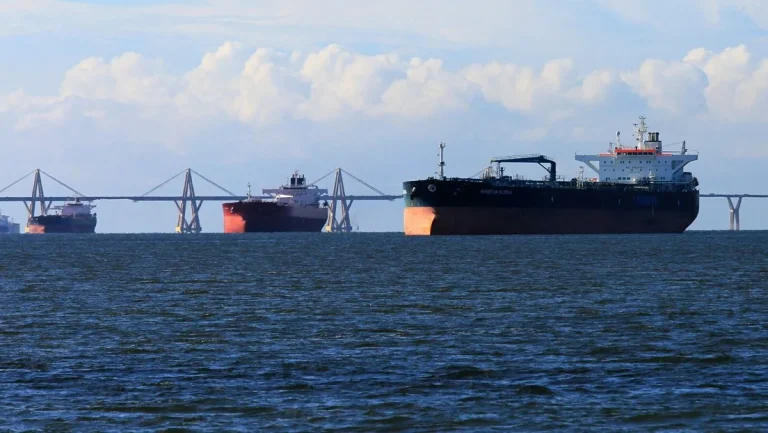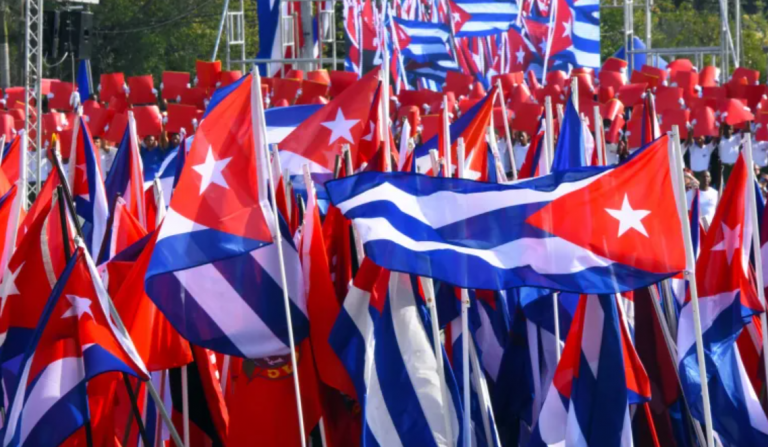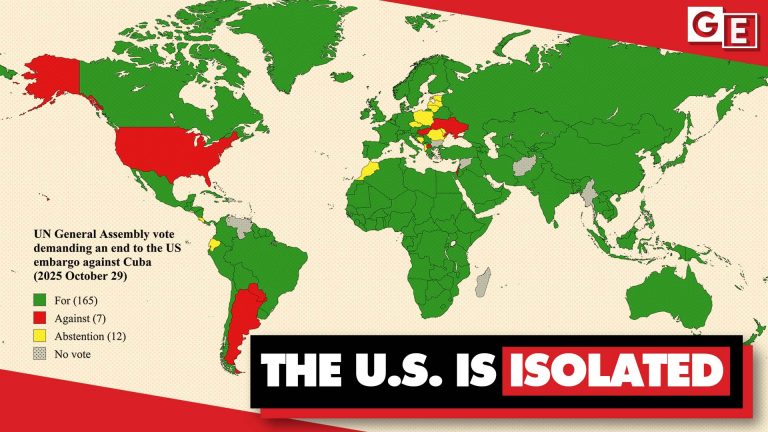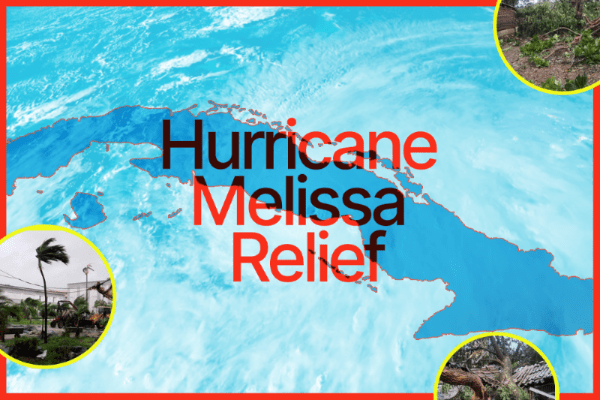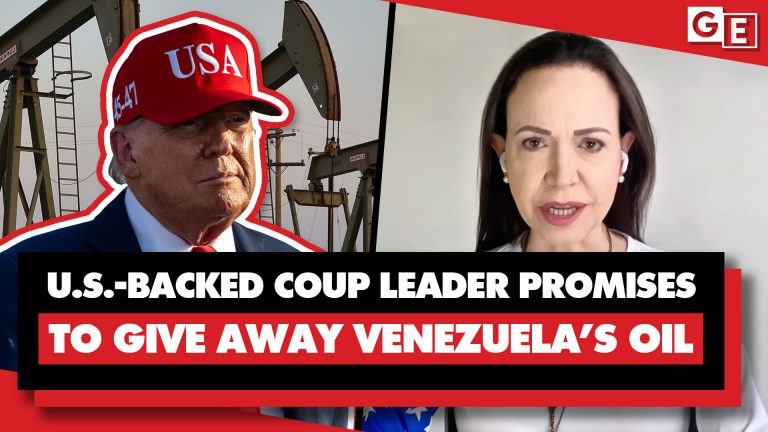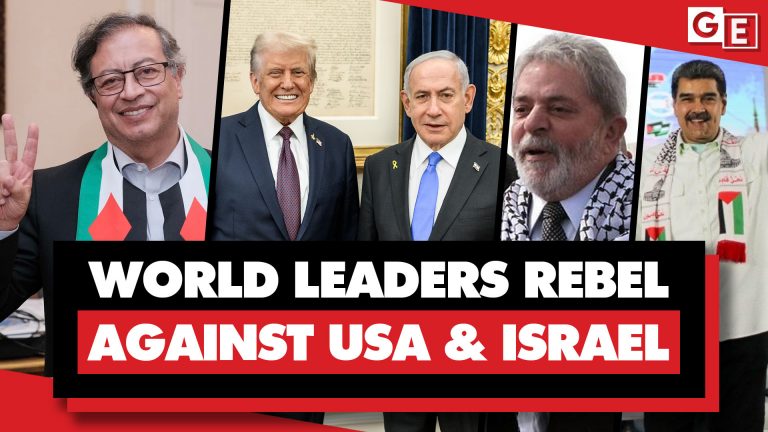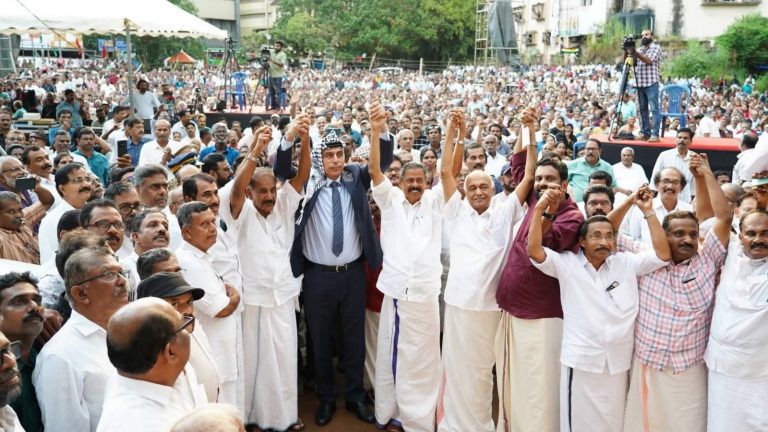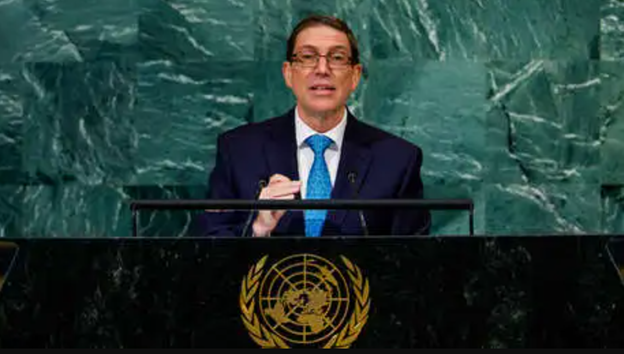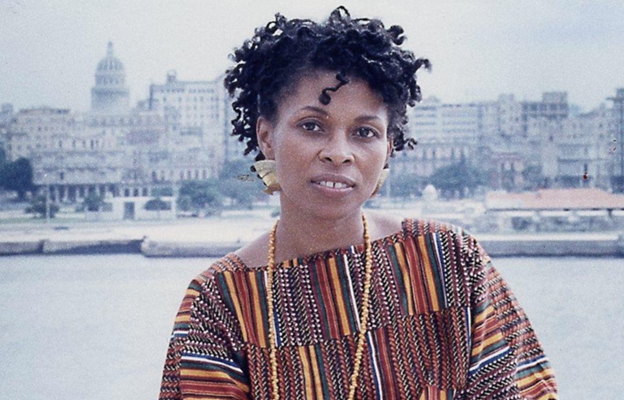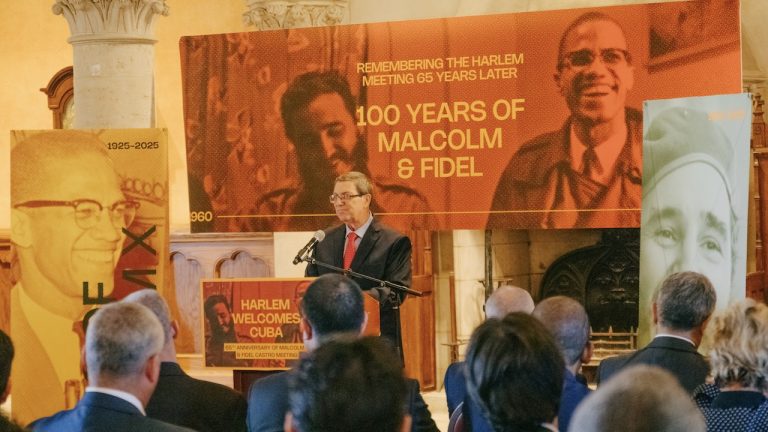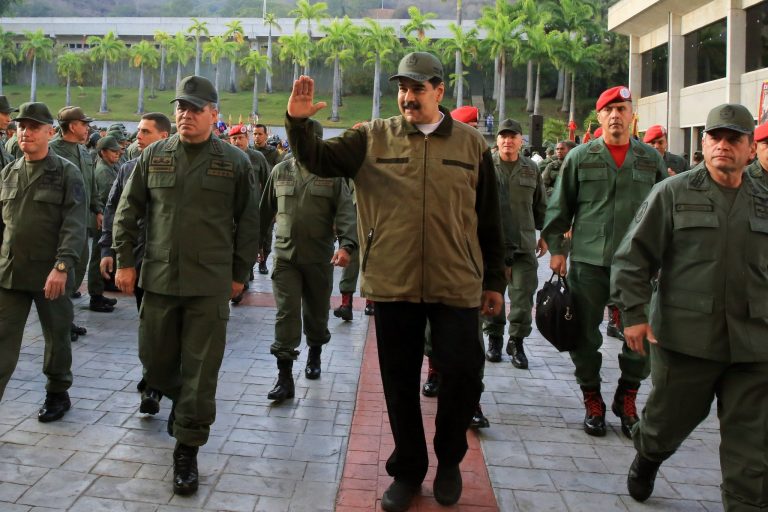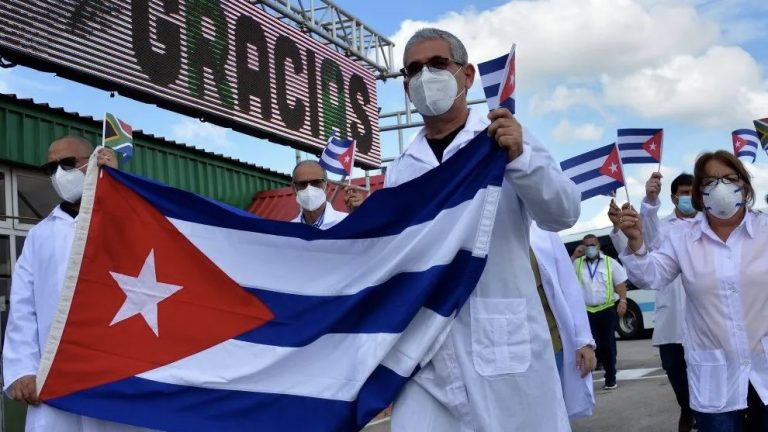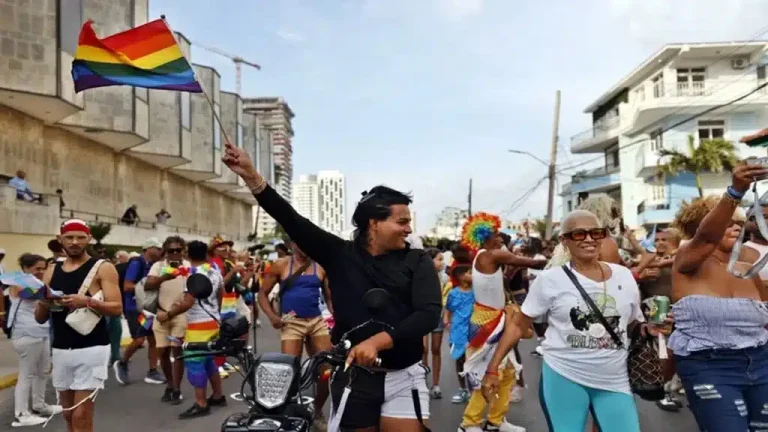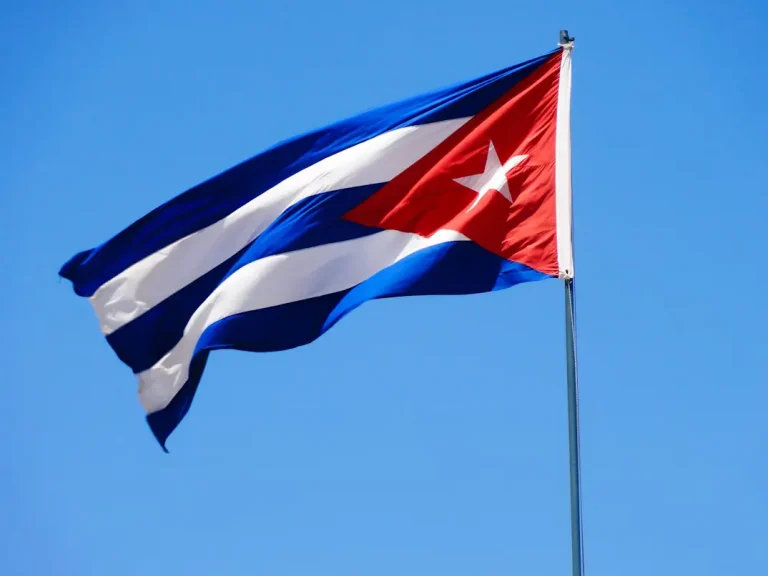Venezuela Strongly Condemns US Threat Of Blockade
In an escalation of the US empire’s ongoing illegal sanctions on Venezuela, US President Donald Trump has announced a “full blockade” of the sovereign nation and its oil tanker fleet. He claimed the measure would remain in place until Venezuela “returns all the oil, land, and other assets” he alleged were previously stolen from the US. The announcement ignited an immediate response from the Venezuelan government, followed by all state institutions and international allies.
“Venezuela is completely surrounded by the largest Armada ever assembled in the History of South America,” Trump wrote on social media this Tuesday, December 16, adding that “it will only get bigger, and the shock to them will be like nothing they have ever seen before.”

